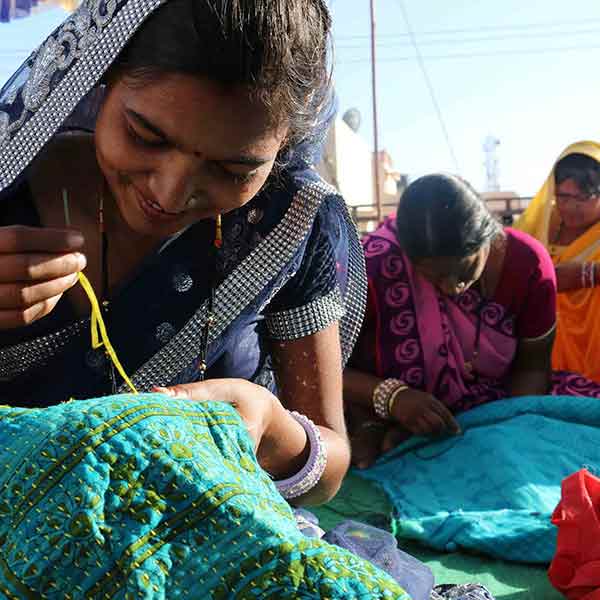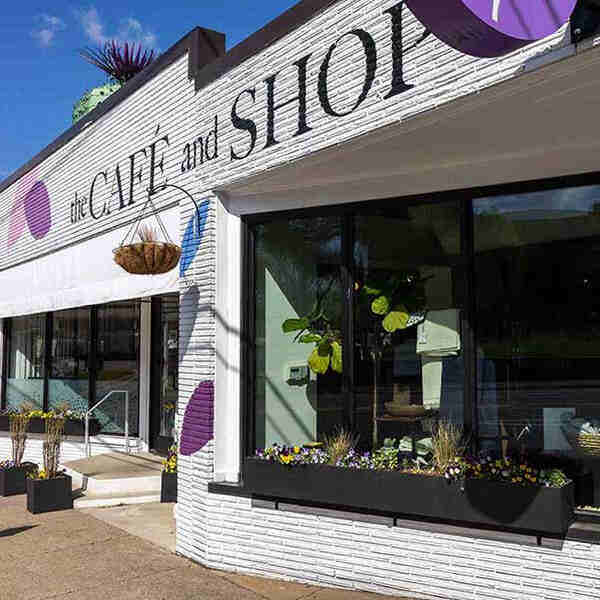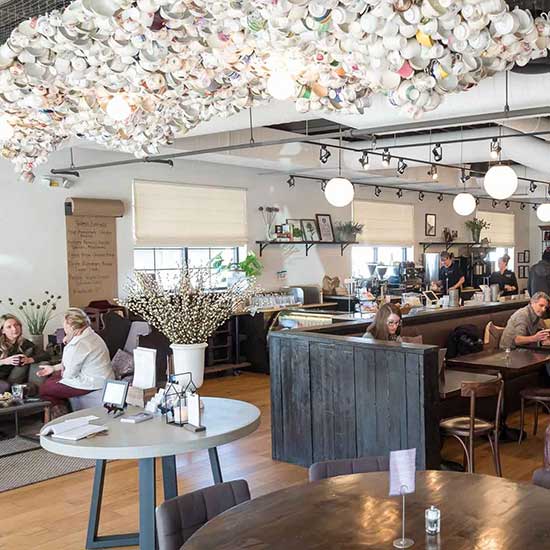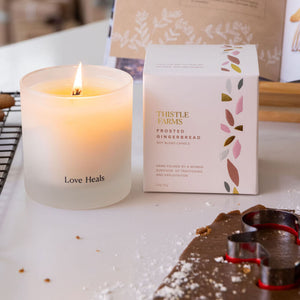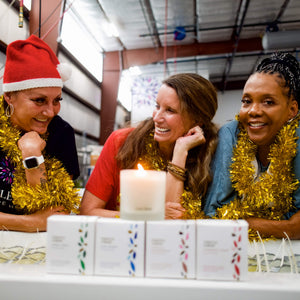Sustainable Innovation: How Ta’na’na Fights Deforestation in Madagascar
Madagascar's Natural Assets: Utilizing Sustainable Innovation to Protect and Prosper.
In northern Madagascar's rainforests, sustainable innovation thrives with the planting of endemic and mulberry trees, which serve as hosts for silkworms. Moreover, the nonprofit CPALI guides farmers in cocoon harvesting, bio-conservation, and eco-friendly forest management. Subsequently, once silkworms vacate their soft casings, farmers harvest these cocoons, which are then crafted into various sustainable goods.
Trees, Moths, and Nature's Cycle: Sustainable Innovation in Action
The silkworm's metamorphosis creates a unique chance for farmers and artisans to highlight their region's natural beauty and their own craftsmanship. Additionally, this unexpected resource offers a sustainable income source for artisans and their families. Unlike the alternative—clearing forests for farmland—this approach preserves the ecosystem and benefits the community.

Addressing Deforestation Head-On: Ta'na'na's Contribution to Madagascar's Green Future
Ta'na'na artisans use these cocoons to craft items like tabletop decor, wall art, and scarves. They iron the cocoons flat and sew them into intricate yet durable fabrics. Then, using regional natural dyes, they add vibrant colors. Together with the cocoons' unique textures, this results in stunning art pieces. These fabrics transform into table linens, scarves, wall hangings, and various home goods. Finally, Ta'na'na provides its artisans with living wages, breaking poverty cycles and fostering community transformation.

Artisans employed through Ta’na’na receive living wages, alleviating cycles of poverty and building transformation within their communities.
From Ta'na'na with Innovation: Goods that Reflect a Sustainable, Innovative Ethos
In addition to the wild silk, artisans craft home goods with high-quality natural raffia, a durable resource abundant in the area. Using the shibori technique, artisans dye placemats, table runners, wall hangings, and baskets in vibrant indigo, khaki green, and burgundy.
Today, the farmers of CPALI have planted over 30,000 trees and 14 artisans are employed full-time at Ta’na’na. Through the seemingly simple transformation process of a silkworm, artisans, farmers, their families, and communities are transforming their own lives and their natural habitats.
Shop the beautifully crafted pieces from Ta’na’na here, and support in the work of creating lasting transformation.
Ta’na’na is one of over 40 artisan partner groups of our Shared Trade community. Shared Trade is an aligned network of artisan enterprises supporting women’s dignity and economic freedom. This Friendship First Model provides access to an international community of support. Increased markets amplifies artisan voices and eliminates isolation, maintaining artisan wellness at the center. Valuing artisan makers, especially women, lifts communities out of extreme poverty and creates healing for families.
Learn more about Shared Trade, and explore our Partner Directory.





